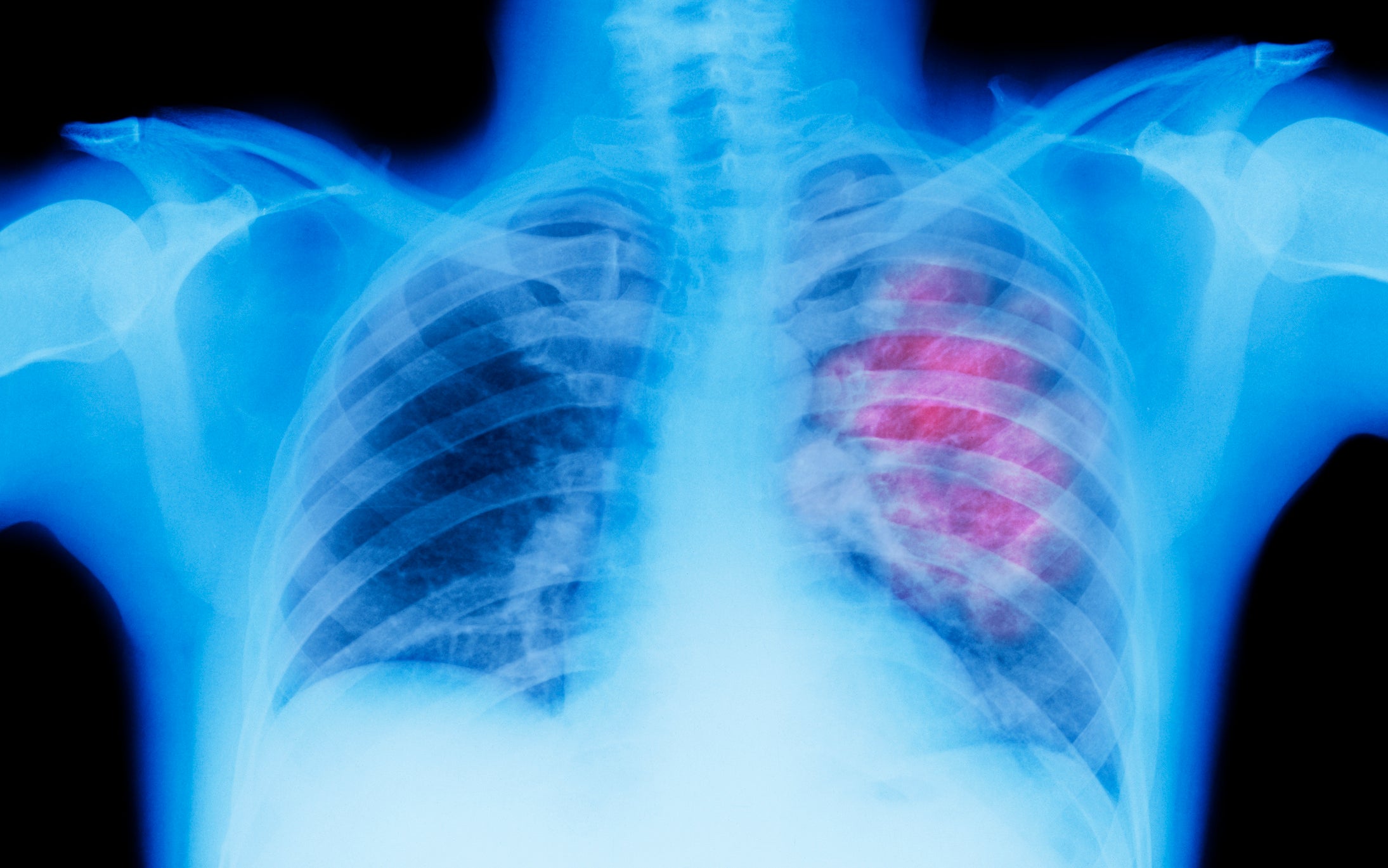
Summit Therapeutics has announced data for its novel investigational bispecific antibody, ivonescimab, known as SMT112 or AK112 in a non-small cell lung cancer study.
In results presented at the ongoing American Society of Clinical Oncology (ASCO) Annual Meeting, Summit reported an overall response rate (ORR) of 67% in NSCLC patients with squamous histology treated with its lead drug ivonescimab plus chemotherapy. The ASCO conference is being held 2–6 June in Chicago.

Discover B2B Marketing That Performs
Combine business intelligence and editorial excellence to reach engaged professionals across 36 leading media platforms.
This latest release features data from 135 patients in the first cohort of the Phase II study, (NCT04736823), which enrolled those who are treatment-naïve with advanced or metastatic NSCLC whose tumours do not have actionable genomic alterations. Among the subset of 63 patients with squamous histology, the progression-free survival was 11 months and 12.3 months for the overall cohort.
In both cases, median overall survival (OS) was not reached after 13 months. The company has begun clinical development on a Phase III HARMONi-3 study, which will study the same combination in squamous NSCLC patients, later this year.
Ivonescimab combines the effects of immunotherapy via a blockade of PD-1 with the an anti- VEGF mechanism, which blocs angiogenesis, into a single molecule. With a higher expression of PD-1 and VEGF in tumour tissue and the tumour microenvironment, Summit claims that ivonescimab can more effectively target tumour tissue to provide safer treatment with fewer side effects.
The ivonescimab data comes at a significant time for Summit. In recent years two of its lead drug candidates – ezutromid and ridinilazone – failed in mid to late-stage clinical trials.

US Tariffs are shifting - will you react or anticipate?
Don’t let policy changes catch you off guard. Stay proactive with real-time data and expert analysis.
By GlobalDataTwo further cohorts were also studied in the Phase II trial. One contained 19 patients with advanced or metastatic non-squamous endothelial growth factor receptor (EGFR)-mutated NSCLC, whose tumour has progressed following treatment with an EGFR tyrosine kinase inhibitor (TKI). In this group, a median PFS of 8.5 months was observed, with median survival once again not reached.
The final cohort included advanced or metastatic NSCLC patients whose tumour has progressed following PD-(L)1 therapy combined with doublet-platinum chemotherapy. They experienced PFS of 7.1 months, and median OS of 15.6 months.
The treatment had an acceptable safety profile in combination with chemotherapy.
Last year, Summit entered into a half-a-billion dollar collaboration and licence agreement with Akeso for ivonescimab. When the agreement closed, Summit received rights to develop and commercialize ivonescumab in the US, Canada, Europe and Japan.




